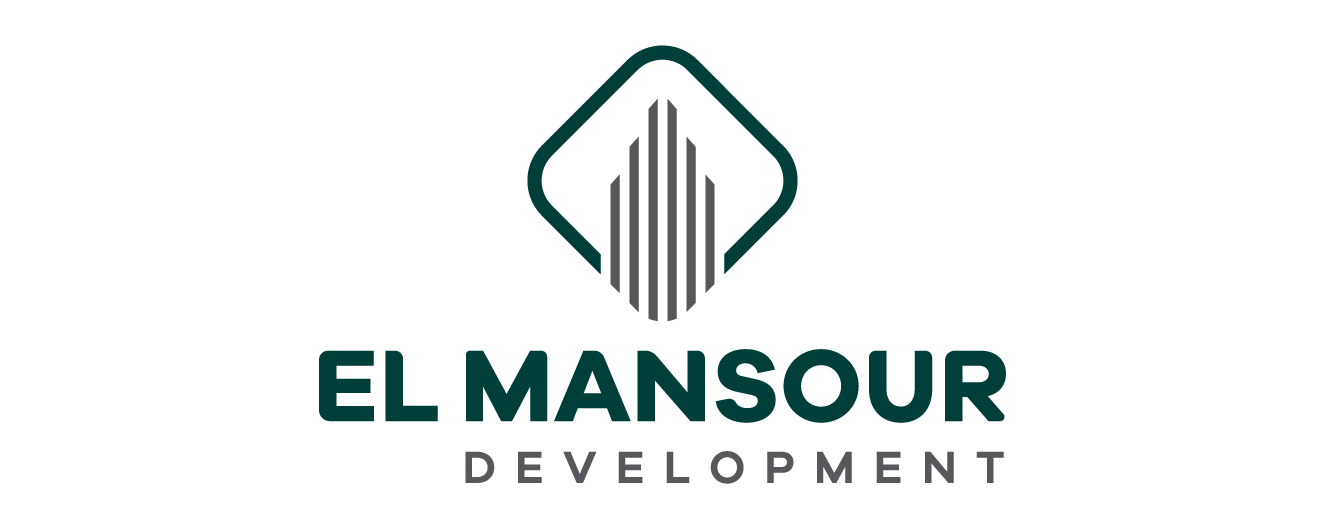Since 2020 blessedly clanged to a close, it is safe to say that the Egyptian real estate sector is resilient, indeed. This was evident recently when Coronavirus loomed over and then raged through Egypt as of last March, resulting in sudden and unprecedented pressures – sometimes up, but more often down – on demand and pricing.
If anything, the ship has sailed and urban development plans remain at full steam across the newly-introduced cities, but this ongoing calamity has forever changed consumer behavior and purchasing power, as more people tighten their wallets and revise their expenditure patterns to navigate amidst uncertainty.
The elevated costs of living are already putting an acute squeeze on the living standards of Egyptians, especially following the 2011 uprising, and yet prices soared further during the height of the continued health crisis. Perhaps most importantly, steep revenue drops in the wake of COVID-19 lockdowns have forced several employers to resort to layoffs, furloughs, and pay cuts, thereby leaving workers with no source of income.
So, to what extent did the outbreak skew buying trends in Egypt? What are the affordable price points in the face mask era? And how to assess consumer affordability to adjust unit prices accordingly? these concerns were transferred to local realty players who will define the post-Coronavirus consumer behavior and dynamics, in a bid to spark rebound in real estate demand by understanding market conditions.
In an attempt to further examine the consumer purchasing power during the COVID-19 crisis, a recent report shows that the leading purchase objective of active buyers amid the outbreak is to buy residences for the first time ever. Some are newlyweds and others are simply people finally looking to set foot into the Egyptian realty sector.
The segment breakdown shows how the objective differs by segment. Buyers assigned to socioeconomic status (A) and (B), who were active during the crisis, are mostly home shopping to upgrade and move into bigger houses. Meanwhile, those in status (C) are mostly first-time buyers, the study explained.
Another report published by El Shorouk also affirms that, based on expectations by several industry-related investors and experts, sales in New Cairo dropped by at least 20-30% in 2020 due to the COVID-19 disruption, not to mention the global economic recession, in general.
To wrap up, the COVID-19 crisis and the accompanying global economic downturn have spurred a continuum of demand responses across and even within real estate companies. Despite the alarm and uncertainty, developers could continue to rely on some best practices and guideposts to maintain sound demand levels and, in parallel, profitability.
And while no one knows how long this crisis will last, market players already started to prepare for the recovery, including using downtime to build capabilities and improve pricing processes. An unwavering focus on value can help developers avoid extensive cost-cutting exercises that, in the long run, could do more harm than good. Instead, companies should focus on a set of actions – and things to avoid – as they contemplate pricing actions.


 العربية
العربية  English
English 

